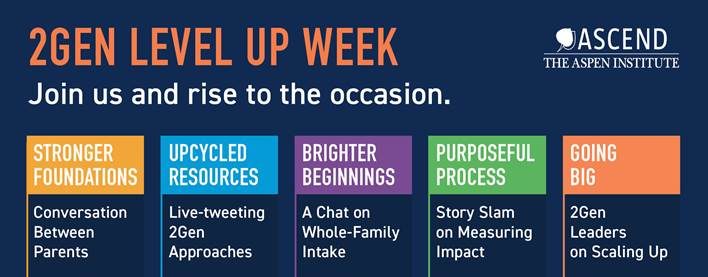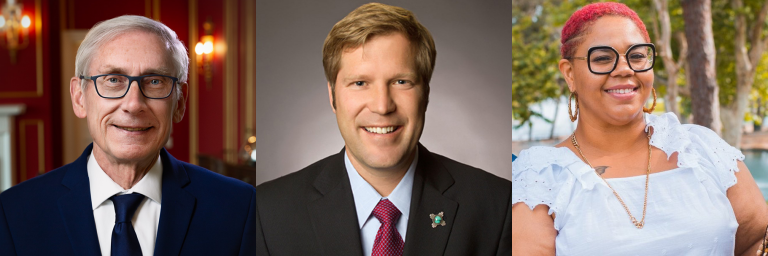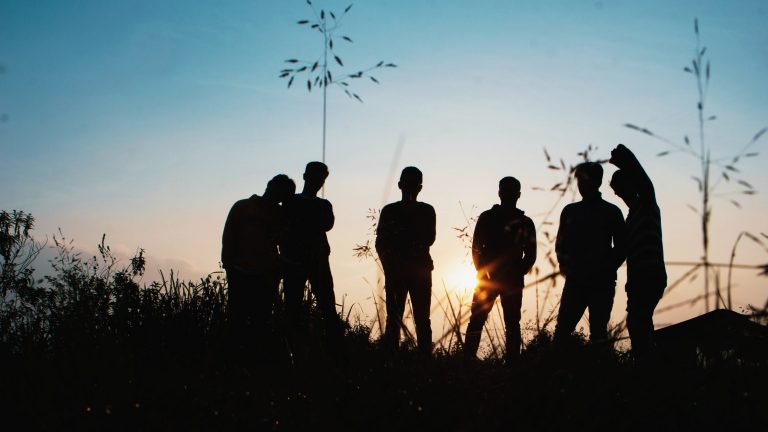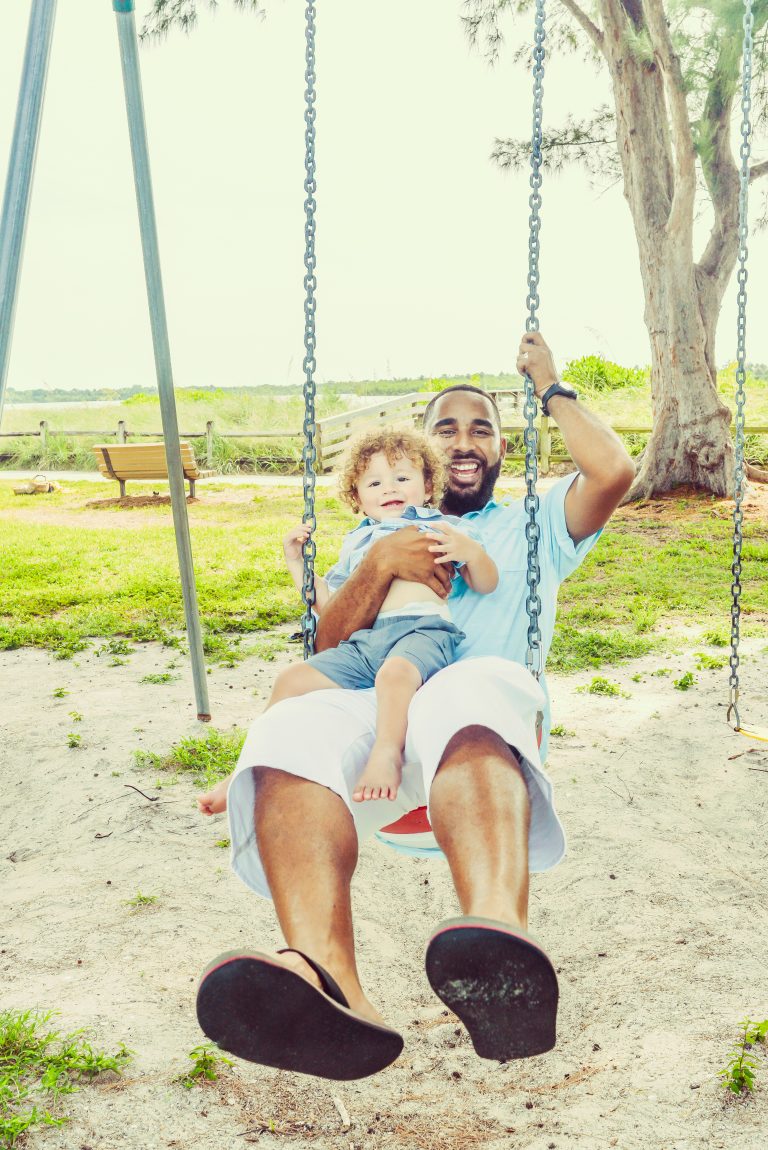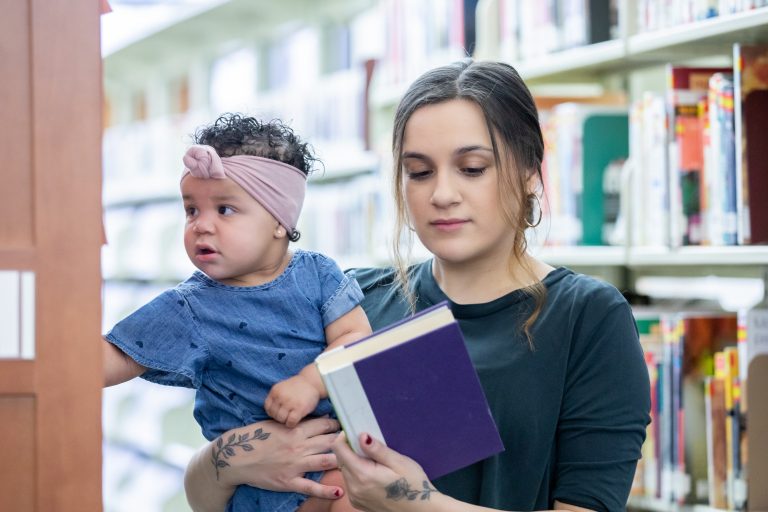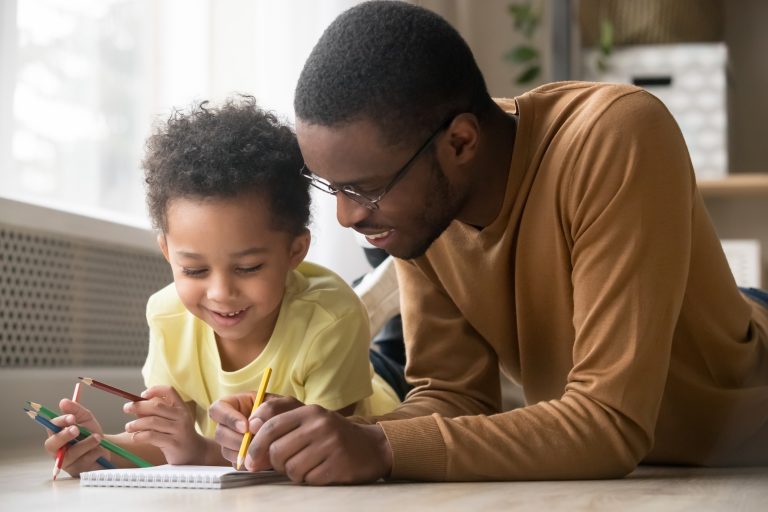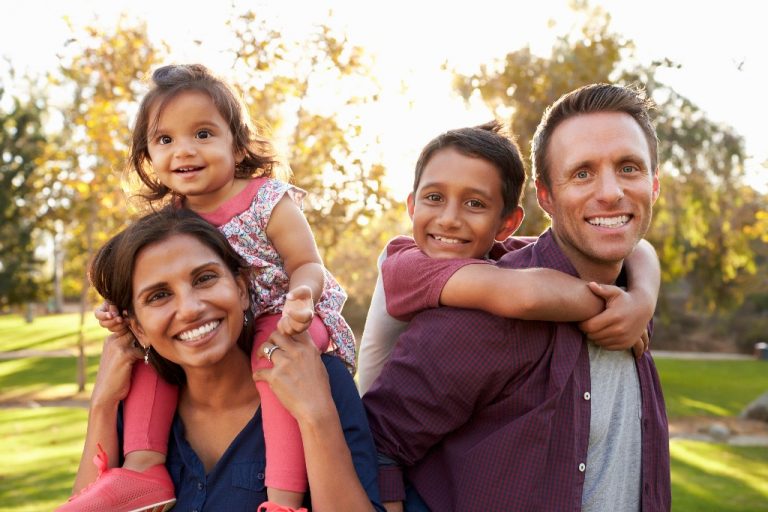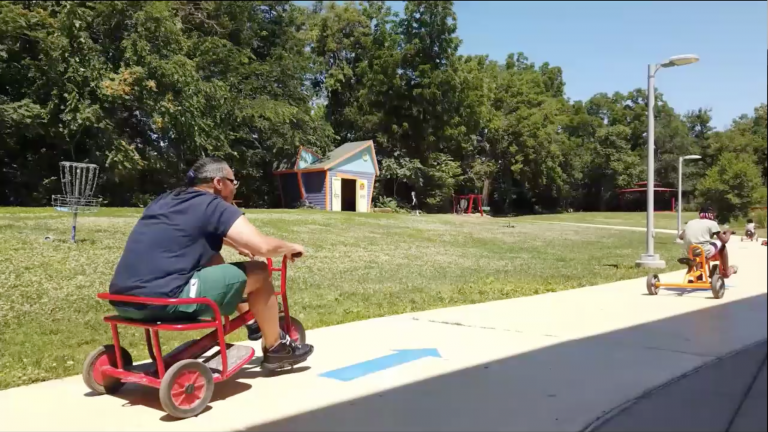WEBINAR: New Frames for a New Time
As the hub for breakthrough ideas and collaborations that move children and their parents toward educational success and economic security, Ascend is intensifying its efforts in the midst of the coronavirus pandemic to highlight 2Gen solutions that Ascend Fellows and the Ascend Network have developed over the past decade to help families reach their potential. Ascend is examining how new solutions, anchored in a 2Gen approach, can build and improve long-term outcomes that stabilize the health, economic well-being, and education of families as they recover and move forward from the COVID-19 crisis.
In a series of webinars, Ascend will tap the insights, expertise, and resources of the Ascend Network, Ascend Fellows, parents, and policy partners to offer solutions for how best to assist families now and ensure they have a stronger, more equitable future. Read on to learn about the New Frames for a New Time webinar, and visit this page to learn more about the series.
New Frames for a New Time: The coronavirus pandemic has fundamentally shifted how we think and communicate about practices and policies for families with low incomes. How are we maximizing this moment of opportunity for flexibility and understanding of the impact of disparities on families, while managing the profound effects of the crisis right now? In this webinar, Frameworks Institute expert Julie Sweetland will share emerging and established research on messaging on economic mobility, COVID-19, and ways to support practice and policy goals in this unprecedented moment.
The webinar recording can be found here, and the presentation slides can be accessed here.
Speakers:
- Julie Sweetland, senior advisor at the FrameWorks Institute
- Marjorie Sims, managing director at Ascend
The webinar was moderated by Lindsay Broyhill, senior communications manager.
Framing (really) matters right now
Framing is all about choices in the way we present information: where to start, how to explain it, what to emphasize, and what to leave unsaid. Those choices can lead to how people interpret and act on the ideas we convey. And in the midst of the coronavirus pandemic, the language we use has more power than usual: small differences in language can lead to big differences in our interpretations.
In the webinar, Julie highlights three major frames that child and family advocates can use in the pandemic, and beyond:
- Who is responsible?: Today’s stories about collective responsibility shape expectations for the future, and there are a variety of different ways we can talk about who is responsible for improving conditions.
- For example, instead of using language that talks about a “broken” or “inept” system, which triggers partisanship and fatalism, more effective framing uses language like the “unique and necessary role” that government has in improving systems and structures for children and families.
- For example, instead of using language that talks about a “broken” or “inept” system, which triggers partisanship and fatalism, more effective framing uses language like the “unique and necessary role” that government has in improving systems and structures for children and families.
- Widening the circle of “we”: When we speak from a broad, generous “we,” instead of using an “us vs. them” frame, it reduces the chance people will retreat to their own biases. When we speak from a stance of solidarity, we set up the conditions for equity. Julie shared a memorable quote that gets to the heart of how we can think about speaking from a generous “we” frame: “Charity asks ‘what’s wrong and how can I help?’ and justice asks ‘why is this happening and how can we change it?’”
- For example, instead of saying families are “vulnerable,” which otherizes and reinforces stereotypes, or framing people as saviors and victims, which stigmatizes and demands a level of sacrifice, advocates can instead use language like “inclusion,” “our wide view,” and “responsibility to all” that indicate a kind of targeted universalism.
- For example, instead of saying families are “vulnerable,” which otherizes and reinforces stereotypes, or framing people as saviors and victims, which stigmatizes and demands a level of sacrifice, advocates can instead use language like “inclusion,” “our wide view,” and “responsibility to all” that indicate a kind of targeted universalism.
- Framing the future: Reality is in flux in a way that it hasn’t been before, which has opened a window for new and different policy. We need bold action, but calls for major change are tricky to get right in this moment: it is possible to avoid ideas coming off as extreme or utopian and instead hit the right note to ensure ideas feel both necessary and possible. To do this, it is important to both acknowledge history and the conditions that have created current inequities, and also look to the future and inspire hope and curiosity.
- For example, instead of using language that appears opportunistic, like “seizing the advantage,” or “leveraging the moment,” advocates can use language that indicates responsiveness, like “standing in solidarity” or “called by this moment.”
For more information on:
- 2Gen framing and messaging resources, you can find a framing playbook, messaging guide, and videos by Ascend and FrameWorks here.
- Framing in COVID-19, you can find ongoing insights and recommendations from FrameWorks here: They are pulling guidance from twenty years of framing research and practice to help advocates and experts be heard and understood in a time of global crisis.
Questions from participants, featuring responses by Julie Sweetland.
With the solidarity approach, is there any risk in missing out on lifting up the most burdened, and structural racism as a foundation of our inequitable structures?
We don’t need to choose between a solidarity approach and highlighting where inequalities hit hardest. It’s more about taking a stance that we stand together – and that this concerns all of us – rather than using phrasing that inadvertently suggests that poverty, racism, or other forms of marginalization are only a problem for those who experience them. The framing shift: instead of making it about “their” plight, make it about “our” actions and our responsibilities to each other.
How do you highlight COVID-19 racial disparities without triggering an empathy gap among whites for POC?
Messaging alone can’t bridge a racist empathy gap which has been in the making for centuries. But our messaging can (and often does) make that gap wider.
Here are a few things that can keep us from digging deeper into anti-Black frames:
- Data: Try using it to show who/what is responsible for the inequity– rather than always and only using it to show who’s affected.
- Tone: If our tone invites people to think and reflect with us, many will. (Not all, but more than we typically think.) But if we come off as telling people they’ve had it wrong all along, they’re unlikely to think we are right.
- Explanation: Show how things happen, and how they should work, before getting into who is affected more.
How do we balance framing between individual freedom and collective/community responsibility?
Because individualism is so strong in American culture, FrameWorks recommends speaking consistently from a collective frame.
As we’re building messaging moving forward for our work in children’s healthy development, how do we capitalize on our shared experience of the pandemic and what’s come to light in this time to talk about the importance of supporting families without being insensitive or over-done with the COVID-19 angle?
You can see FrameWorks’ most recent thinking on this here.
I love the concept of “widening the circle of we.” Could you provide some additional examples of how we can do that while still meaningfully calling attention to how some groups are facing unique challenges?
Here’s one:
“We are all in the same storm – the pandemic has disrupted our daily lives in so many ways. But we are not all in the same boat. Families who depend on hourly wages from service-sector jobs are at heightened risk of hunger, eviction, and the strain of uncertain income for the forseeable future. If this pandemic has taught us anything, it’s that all of our health and wellbeing are inextricably intertwined. We must make sure that our relief policies devote sufficient resources to low-wage workers.”
FrameWorks worked up more examples here.
Is there specific framing language (within the broader frame of “we”) that can be used to counteract stereotypes of “poor” families as individually deficient, now that we are *all* being affected by forces outside our individual control?
Yes – but it’s not what you might be thinking. This isn’t the time to say, “see, I told you so, we are all affected by circumstances.” But we can say: none of us build wellbeing on our own, and this moment has shown us how quickly it can be undermined. This moves the conversation to different terrain. (TLDR; Don’t rebut; reframe!)
I would love to layer the concept of asset-based and fathering when so much of the dialogue is stigmatizing. Any thoughts on that?
This is a tough one and I’m not sure I have a good answer. I will say that the social science is pretty clear that, for general public messaging, it’s not a good idea to lift up “counter-stereotypical” individuals as proof that the myth is a myth. People tend to dismiss the heroic individual as the exception that proves the rule, or wonder, “if that person did the right thing, why can’t the rest of ‘them’?”
Can you explain “Movement-generous”? Do you mean social movement or some other meaning of movement?
I was referring to the “share ideas, share strategies, and share frames” mindset that characterizes the moste effective social movements.
Does using “building the future” come off as opportunistic?
We haven’t tested it recently, so it might. That said, over lots of projects during lots of different difficult times, FrameWorks has consistently found the general theme of “construction” to be very productive for helping people rethink social problems. It prompts a mental reclassification – from “personal troubles” to “public issues.”
Related Posts

